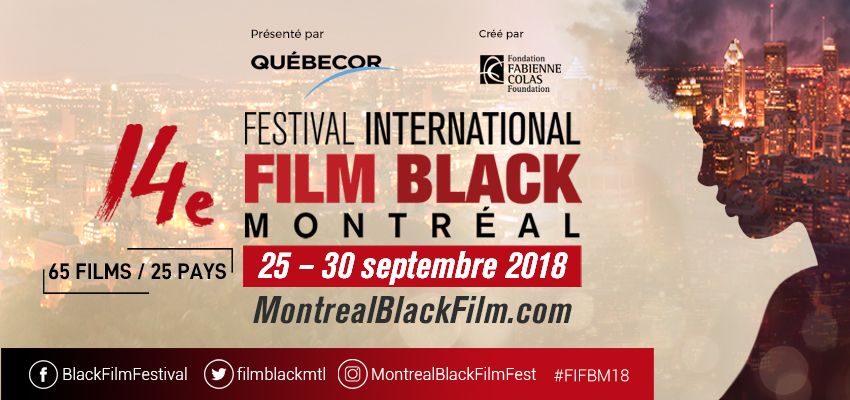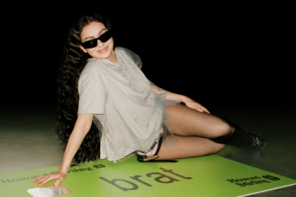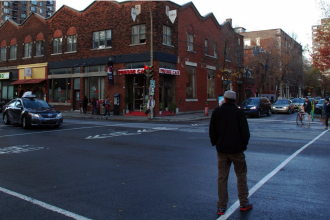For the next five days, you have the opportunity to take part in the Montreal Black Film Festival, a once-a-year cultural event that you should not miss. If you want to see films that you’d never have the opportunity to see otherwise, you have a week’s worth of options to choose from. Fabien Colas, a renowned Haitian film actor, founded the festival fourteen years ago to shine a light on independent films from the world stage, and this year the festival delivers its most diverse collection of artful cinema.
…this year the festival delivers its most diverse collection of artful cinema.
For example, Obey, the opening night film and debut feature by Jamie Jones. The film displays its artistry in its brauvera opening shot: a long static take, compressed on a long lens, which tracks a group of friends walking down the street, reaching a car at the front of the frame, and deciding to rob it; it unifies the characters, their background, and their destination, which the rest of the film will take care illustrating in pieces. Taking place during the London riots of 2011, the film follows a 19 year old man named Leon, who lives with his mother and her abusive boyfriend, and slowly drifts away from his usual friend group to pursue Twiggy, a hippyish squatter he meets one night at a party. Of course there are plenty of places to get depressing British social realism –look to Andrea Arnold and Mike Leigh for more– but the film distinguishes itself from its cinematic peers by doing something formally adventurous in just about every scene: from its play with smoke, colourful light, and shallow focus in calmer dialogue scenes, to its frenetic and oftentimes totally impressionistic riot sequences, which are disorienting but not dissociating; they make you feel just as lost as Leon.
Marcus Rutherford, playing Leon, makes his debut along with Jones. He buries his righteous anger, lust, frustration and dread in a calm exterior; it’s easy to forget how much taller he is than his scene partners until, in key moments, Jones’ camera reminds you. Sophie Kennedy Clark, the most well-known actor (seen in films like Nymphomaniac and The Danish Girl), elevates Twiggy from a manic-pixie-dream-girl to a more fully realized character, with an inner life that feels credible to the viewer, even though we don’t see that much of it. T’Nia Miller, as Leon’s mother, gives the film’s best performance. The emergence of this volume of previously unseen talent both in front of and behind the camera (including first time cinematographer Albert Salas) is a sensation you can only get from a festival like this.
Marcus Rutherford, playing Leon, makes his debut along with Jones. He buries his righteous anger, lust, frustration and dread in a calm exterior…
There are also films like Dead Women Walking (dir. Hagar Ben Asher), a collection of vignettes from nine women on death row; Beyond the River (dir. Craig Fremont), a thrilling story of two men from different walks of life stuck on a canoeing adventure together; and Supa Mondo (dir. Likarion Wainaina) . Fans of documentaries shouldn’t miss The Issue of Mr. O’Dell (directed by Canadian documentarian Rami Katz), a portrait of one of the most important and most unknown civil rights leaders of the 20th century. For fans of animation, there are six animated films, and for people who want to further engage with the filmmakers and the festival, there is a Black Market, hosting conferences with the filmmakers and financiers.
The festival hosted three films in its first year, but since has grown into a week-long event hosting films of all genres, filmmakers, and conferences, and has gained the support of Telefilm Canada and Quebecorp. So when you go see one of these terrific films, you’re not just watching a great piece of art, you’re participating in the growth and development of one of Canada’s most vital and important cultural events.








